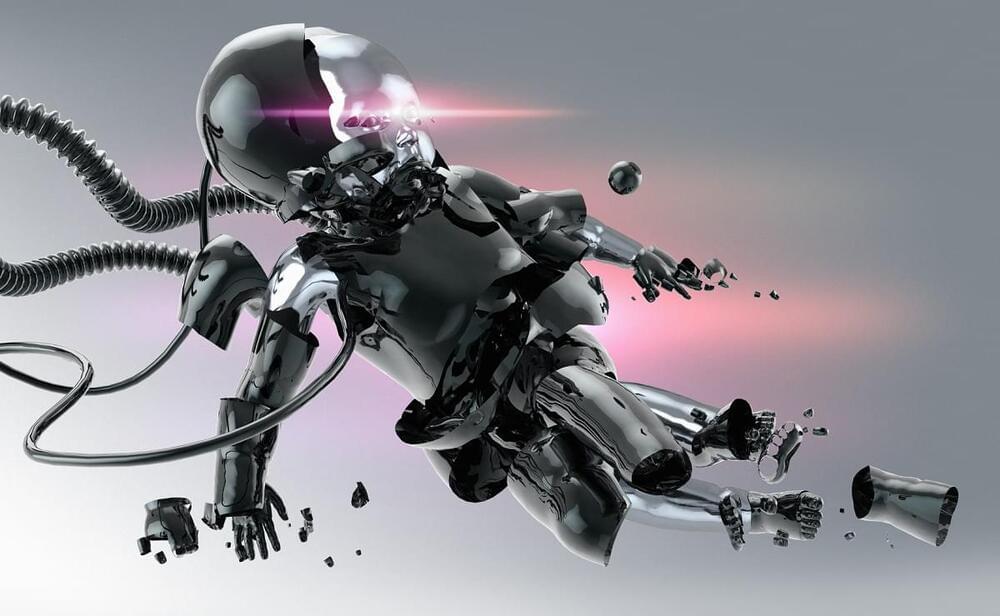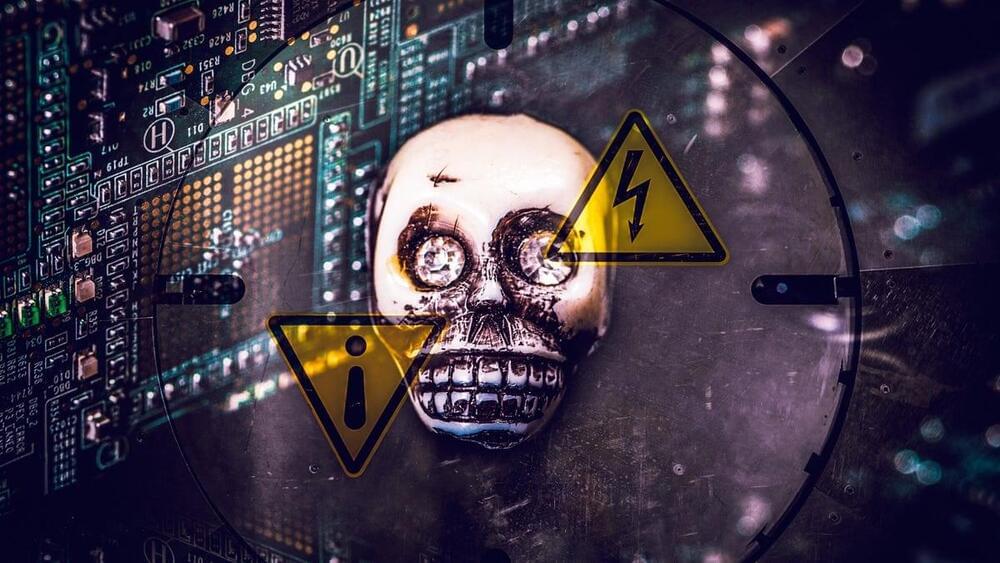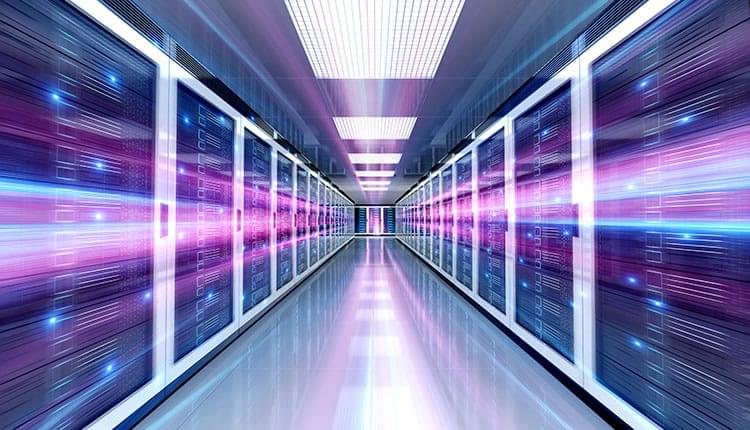High-speed drone racing has just had a shocking “Deep Blue” moment, as an autonomous AI designed by University of Zurich researchers repeatedly forced three world champion-level pilots to eat its dust, showing uncanny precision in dynamic flight.
If you’ve ever watched a high-level drone race from the FPV perspective, you’ll know how much skill, speed, precision and dynamic control it takes. Like watching Formula One from the driver’s perspective, or on-board footage from the Isle of Man TT, it’s hard to imagine how a human brain can make calculations that quickly and respond to changing situations in real time. It’s incredibly impressive.
When Deep Blue stamped silicon’s dominance on the world of chess, and AlphaGo established AI’s dominance in the game of Go, these were strategic situations, in which a computer’s ability to analyze millions of past games and millions of potential moves and strategies gave them the edge.




